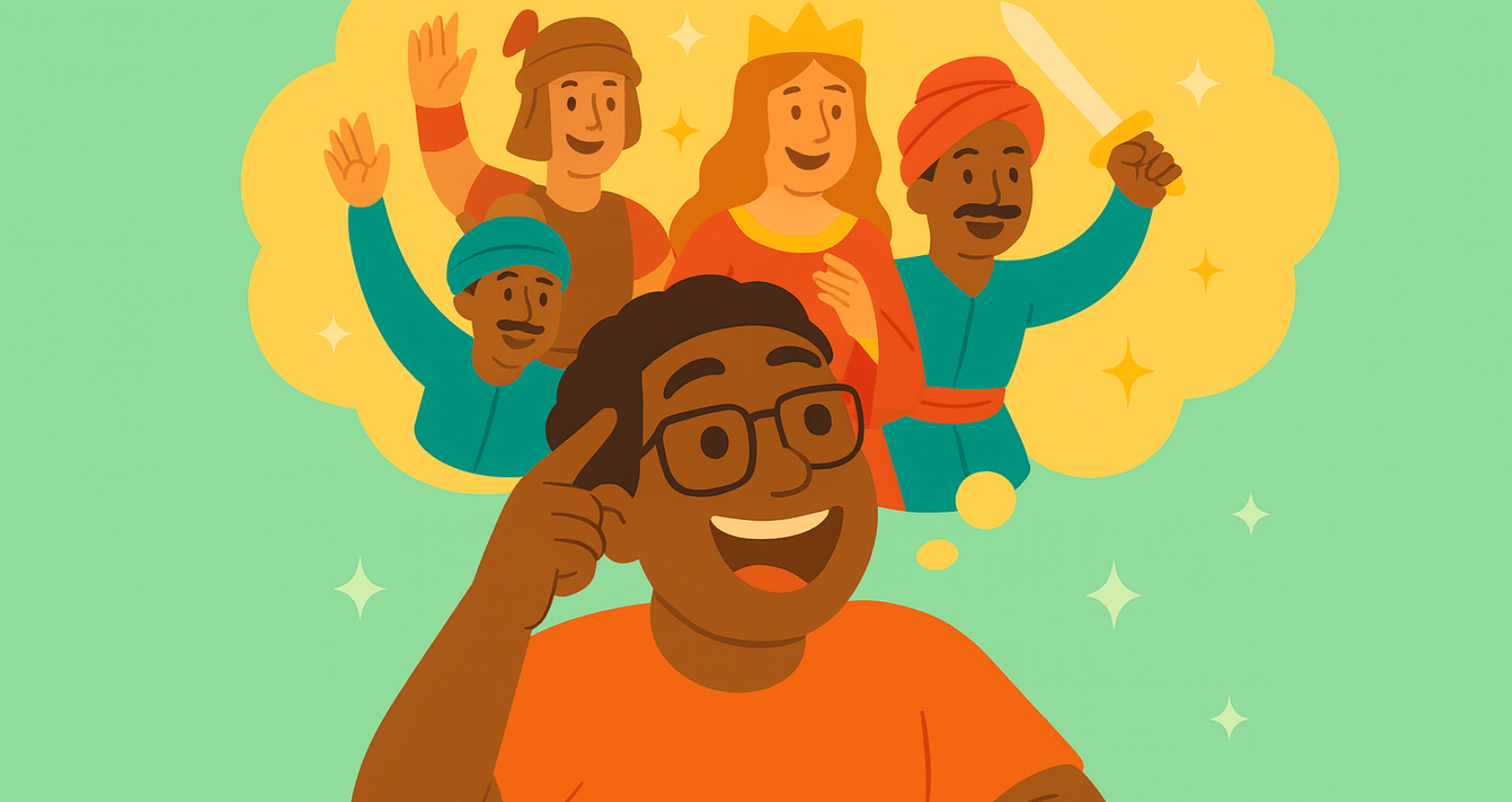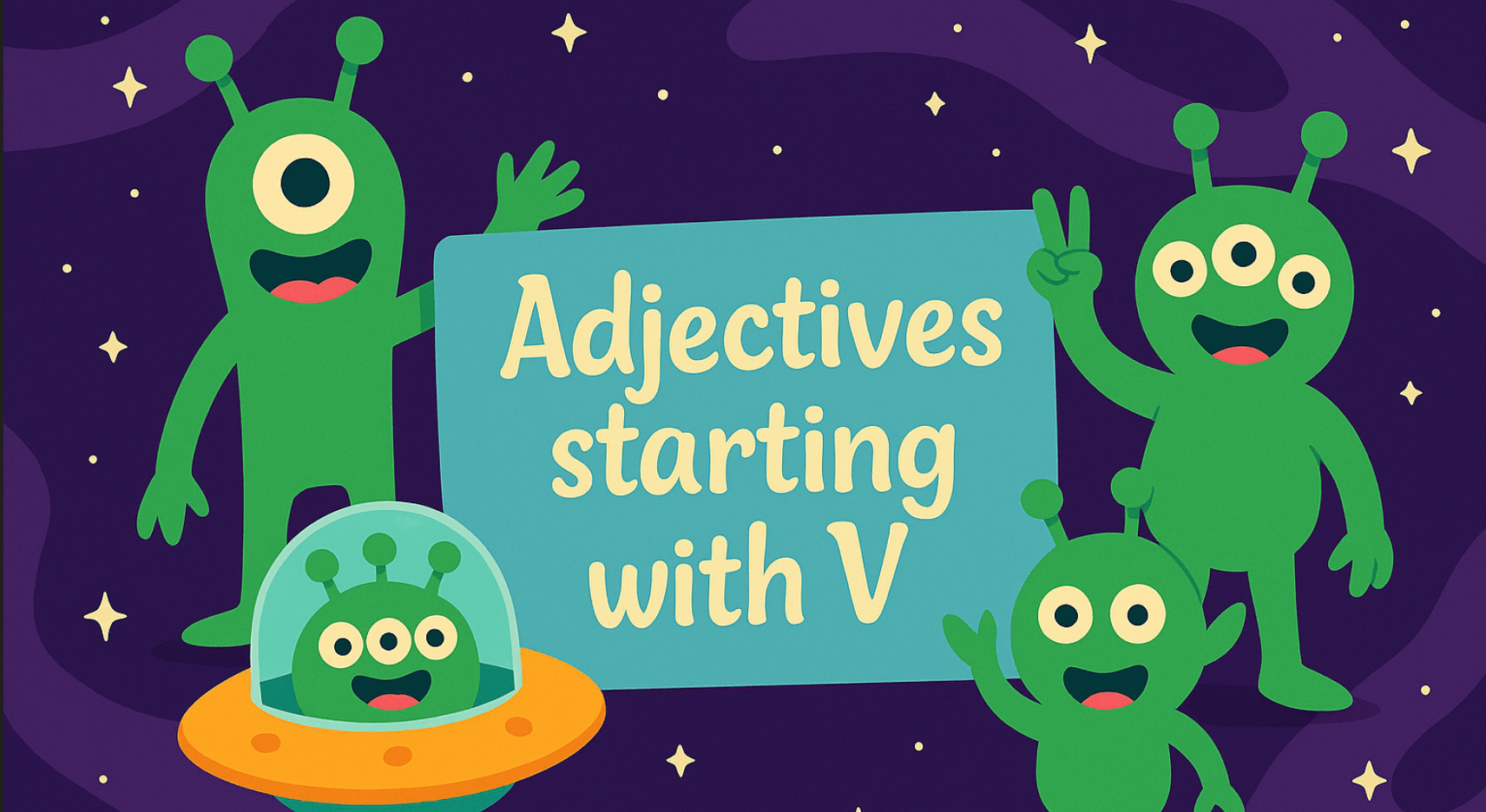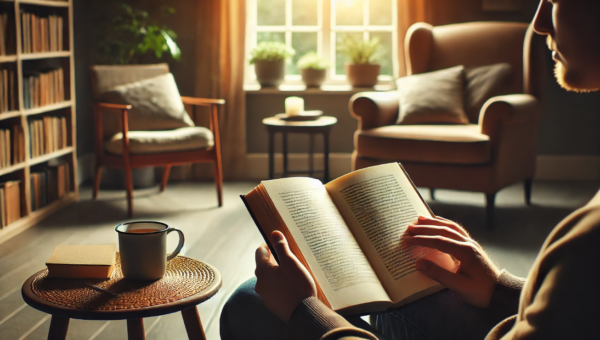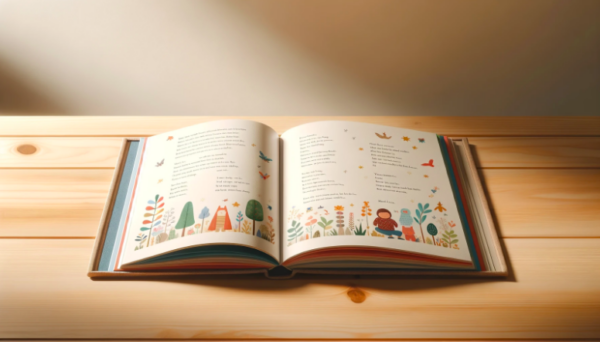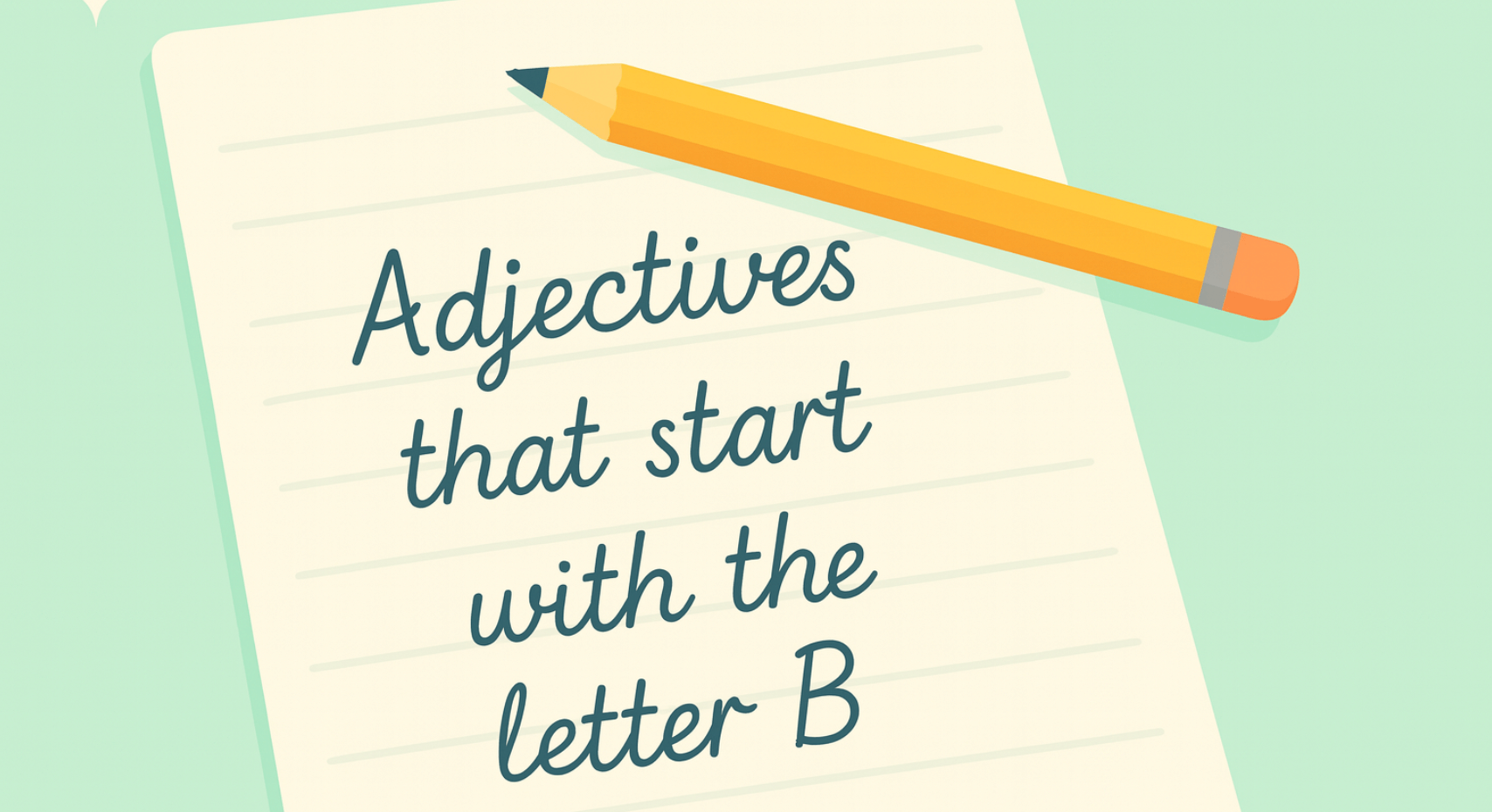Suppose you’ve ever found yourself grinning when two sworn enemies realize they’re hopelessly in love, or rooting for a scrappy underdog to defeat a dark lord — congratulations. You’ve been officially charmed by tropes in books.
But what exactly are tropes? In short, book tropes are the familiar storytelling patterns, themes, and setups that writers use to build their worlds, drive plots, and capture our hearts. They’re not clichés (well, not always); they’re the trusty tools in a writer’s toolbox — the secret sauce behind some of the most unforgettable stories.
Think of tropes like the spices in your favorite recipe. Used right, they elevate the dish. Used poorly… well, you might get the literary equivalent of soggy toast. (And nobody wants soggy toast.)
In this guide, we’ll break down what tropes are, what they mean in books, explore popular examples across genres, and dive deep into the beloved world of romance tropes. Whether you’re a reader, a writer, or just a professional book lover, you’re about to see why tropes aren’t something to avoid — they’re something to celebrate.
Grab your metaphorical backpack — we’re about to set off on a storytelling adventure.
What Are Tropes in Books? (Simple Definition + Quick Examples)
What are tropes in books? They are recurring themes, character types, plot patterns, or setups that show up across different stories. Tropes are the recognizable building blocks that writers use to quickly create connections with readers, without having to explain every tiny detail from scratch.
In simple terms, A trope is like a storytelling shortcut that feels instantly familiar. It’s the “orphan destined to be a hero,” the “love triangle,” or the “secret royal” — ideas we recognize and love because we’ve seen them (and rooted for them) before.
Here’s a quick snapshot of common tropes you’ve probably encountered:
- The Chosen One: An unlikely hero who saves the world (hello, Harry Potter).
- Enemies to Lovers: Two people who can’t stand each other — until they can’t stay apart (looking at you, Pride and Prejudice).
- The Mentor: The wise guide who helps the hero grow (think Gandalf or Dumbledore).
Tropes aren’t about copying; they’re about tapping into universal storytelling instincts that have been around for centuries. Understanding tropes meaning in books shows that, when handled with care, these familiar patterns can make a story feel exciting, comforting, and downright impossible to put down.
So yes — when you recognize a trope, it’s not a bad thing. It’s a sign you’re stepping into a story tradition that’s been entertaining humans since campfires were the hottest clubs around.
Why Authors Use Book Tropes (And Why Readers Secretly Love Them)
Imagine trying to build an entire castle, brick by brick, without ever reusing a single shape or tool. Exhausting, right?
That’s what writing would feel like without tropes.
Authors use book tropes for several important reasons:
- Instant Connection: Tropes give readers an immediate sense of what’s happening without heavy-handed explanations. When you hear “reluctant hero,” your mind is already prepared for an epic journey.
- Emotional Shortcut: Tropes tap into emotions we are hardwired to respond to: love, betrayal, triumph, and fear. They create emotional investment quickly and effectively.
- Creative Freedom: Ironically, working within familiar patterns gives authors more freedom to innovate. A known structure allows them to deepen characters, add surprising twists, and explore fresh perspectives.
- Reader Satisfaction: Readers find comfort in certain story patterns. They enjoy the familiar emotional beats but still crave originality in how the story unfolds. It is similar to ordering your favorite coffee—you know the taste you expect, but a creative twist can make it even more enjoyable.
In short, Book tropes are not signs of lazy storytelling; they are timeless elements of great storytelling. Skilled authors use them thoughtfully to create stories that feel both familiar and thrillingly new.
The Most Popular Book Tropes You’ll Spot Everywhere
Some book tropes are so popular that they feel almost inevitable — and for good reason. These familiar patterns capture timeless human experiences, creating stories that feel instantly engaging while offering endless possibilities for new twists.
Here are some of the most beloved book tropes that readers never seem to tire of:
The Chosen One:
An ordinary character discovers they have an extraordinary destiny. Whether saving the world or leading a rebellion, the Chosen One trope taps into our dreams of hidden greatness.
Enemies to Lovers:
Two characters who initially dislike (or even despise) each other eventually realize they are perfect for one another. This trope delivers emotional tension, witty banter, and deeply satisfying romantic arcs.
The Love Triangle:
A protagonist caught between two potential love interests, often representing different choices or parts of themselves. Love triangles add drama, conflict, and emotional depth to any story.
Found Family:
Strangers who become a close-knit, loyal group, forming bonds stronger than blood. This trope highlights the idea that family is not always defined by genetics, but by love and loyalty.
The Secret Royal:
A seemingly ordinary character turns out to be royalty or someone of great importance. This trope feeds the fantasy that greatness can be hidden in the most unlikely places.
The Redemption Arc:
A character who was once an antagonist or morally grey figure seeks to atone for past mistakes. Redemption arcs explore themes of growth, forgiveness, and the complexity of human nature.
80 Book Trope Examples
Tropes are storytelling patterns that breathe life into familiar narratives, offering readers emotional anchors across every genre. Below, you’ll find a curated list of 80 book tropes, thoughtfully grouped to show how different types of stories use timeless themes to captivate audiences. Whether you’re exploring classic plots or discovering new favorites, these examples reveal just how deeply tropes shape the stories we love.
Adventure Tropes
- Betrayal by a Friend – A trusted companion turns against the hero, creating emotional conflict.
- Lost Artifact – The plot revolves around recovering a powerful or mysterious lost object.
- Race Against Time – Characters must accomplish their goal before an urgent deadline.
- Rags to Riches – A character rises from humble beginnings to success or royalty.
- Survival Against Nature – The protagonist must survive hostile environments like deserts, oceans, or jungles.
- Treasure Hunt – A quest to find a hidden or legendary treasure.
- Uncharted Territory – Characters explore unknown lands filled with dangers and wonders.
💡 Did You Know? Tropes Have Existed Since Ancient TimesStory tropes are not a modern invention. Patterns like the “hero’s journey,” “star-crossed lovers,” and “hidden royalty” can be traced back thousands of years to ancient myths, religious texts, and epic poems such as The Odyssey and The Epic of Gilgamesh.
Fantasy Tropes
- Ancient Curse – A long-forgotten spell or curse threatens characters or civilizations.
- Ancient Evil Awakens – A dormant, malevolent force returns to wreak havoc.
- Dark Lord – A powerful villain embodies pure evil and must be defeated.
- Hidden Royalty – A character discovers they are secretly of noble or royal blood.
- Magical Prophecy – A foretold prediction guides or complicates the hero’s journey.
- Magic as a Blessing and a Curse – Magic grants power but also brings unintended consequences.
- Mentor and Apprentice – An experienced guide trains a young or inexperienced hero.
- Parallel Worlds – Characters travel between different realities or dimensions.
Romance Tropes
- Enemies to Lovers – Characters who start out as adversaries fall in love.
- Fake Dating – Characters pretend to be in a relationship, only to fall for each other genuinely.
- Forbidden Love – Lovers must overcome serious obstacles, like family opposition or societal rules.
- Friends to Lovers – A strong friendship naturally develops into romantic love.
- Grumpy and Sunshine – A gloomy character is paired with an optimistic, cheerful partner.
- Love Triangle – A protagonist is romantically torn between two different people.
- Opposites Attract – Characters with clashing personalities or backgrounds fall in love.
- Second Chance Romance – Former lovers reunite and rekindle their relationship.
💡 Did You Know? Tropes Aren’t Clichés by DefaultMany people confuse tropes with clichés, but they are not the same. A trope is simply a recognizable storytelling device, while a cliché is a trope that has been overused without originality. In the right hands, even the most familiar trope can feel fresh and compelling.
Mystery and Thriller Tropes
- Final Confession – The villain reveals the truth behind their crimes, often dramatically.
- Hidden Identity – A character’s true identity is concealed, creating suspense.
- Innocent Man on the Run – An innocent person is wrongly accused and must clear their name.
- Locked Room Mystery – A crime occurs in a sealed environment with no obvious perpetrator.
- Missing Person Investigation – The story revolves around finding a missing individual.
- Reluctant Detective – An unwilling investigator is drawn into solving a mystery.
- Serial Killer on the Loose – The plot follows the hunt for a dangerous murderer.
- Wrongly Accused – A character must prove their innocence after being falsely blamed.
Horror Tropes
- Body Horror – The terror comes from grotesque or unnatural changes to the body.
- Creepy Small Town – A seemingly quiet town hides dark and terrifying secrets.
- Evil Child – A child character turns out to be the source of terror.
- Final Girl – The last woman alive who confronts the killer and survives the horror.
- Haunted House – A building is plagued by malevolent spirits.
- Madness in Isolation – A character’s sanity deteriorates when cut off from society.
- Monster Within – A character discovers they themselves are the monster.
- Ancient Curse – A vengeful supernatural force causes havoc long after it was first triggered.
Science Fiction Tropes
- Dystopian Rebellion – A group rises up against a corrupt, oppressive system.
- First Contact with Aliens – Humanity encounters alien beings for the first time.
- Genetic Engineering Gone Wrong – Scientific meddling leads to disastrous results.
- Mind Uploading – A character’s consciousness is transferred into a digital realm.
- Post-Apocalyptic Survival – Characters struggle to survive in a world destroyed by catastrophe.
- Rogue Artificial Intelligence – An AI becomes sentient and acts against humanity.
- Space Pirates – Outlaws operate in the lawless reaches of space.
- Time Travel Paradox – Time travel creates complex, unintended consequences.
Historical Fiction Tropes
- Forbidden Love Across Class Lines – Romance blossoms despite rigid social barriers.
- Rise from Servitude – A character ascends from low social status to prominence.
- Romantic Reunion After War – Lovers separated by war reunite after the conflict.
- Secret Identity During War – Characters live double lives, often as spies.
- Spy in the Court – Intrigue abounds as a spy infiltrates high society.
- Star-Crossed Lovers – Lovers doomed by fate or circumstance.
- The Tragic Hero – A noble character is undone by a fatal flaw.
- War-Time Reunion – Families or lovers find each other again after war-induced separation.
Coming-of-Age Tropes
- Coming of Age Journey – A young protagonist matures through trials and challenges.
- Facing Family Expectations – A young character struggles with the weight of family ambitions.
- First Love – A character experiences the wonder (and heartbreak) of love for the first time.
- Leaving Home – A young hero departs from their familiar world to find their path.
- Loss of Innocence – A character’s view of the world is permanently altered by hardship.
- Making and Losing Friendships – Friendships form and sometimes tragically dissolve.
- Rebellion Against Authority – A young protagonist challenges unfair rules or traditions.
- Self-Discovery Journey – The character learns who they really are through their adventures.
Family Drama Tropes
- Estranged Siblings – Siblings reunite after a long, painful separation.
- Family Betrayal – A family member acts against their own blood for personal gain.
- Generational Trauma – Patterns of pain and dysfunction passed from one generation to the next.
- Inheritance Battle – Family members fight over the division of wealth and assets.
- Parent-Child Reconciliation – A broken relationship between parent and child is healed.
- Secrets from the Past – Long-hidden family secrets come to light.
- The Black Sheep – One member of the family is seen as a failure or outcast.
- Unexpected Heir – A surprising individual inherits power, property, or responsibility.
Power and Politics Tropes
- Bloodline Legacy – Power is passed down through a powerful family line.
- Corrupt Ruler – A leader abuses their power for personal gain.
- Puppet Master – A hidden figure manipulates events from behind the scenes.
- Reluctant Leader – A character thrust into leadership despite initial resistance.
- Revolution from Within – Insiders work to overthrow a corrupt system.
- Rise to Power – A character climbs the ranks to seize influence or control.
- Secret Society Controls Everything – A hidden organization runs society from the shadows.
- The Reluctant Leader – A character who hesitates to take charge but rises to the occasion.
- The Tragic Hero – A protagonist brought down by a personal flaw, despite noble intentions.
💡 Did You Know? Readers Are Drawn to Familiar Tropes Without Realizing It
Studies in reader psychology show that familiarity in storytelling — like recognizable tropes — creates emotional comfort and satisfaction. Readers often seek out favorite tropes, such as “friends to lovers” or “found family,” because these patterns deliver emotional experiences they trust.
How to Use Tropes Without Falling Into Clichés
Tropes are powerful tools, but they can easily feel stale if handled carelessly. The difference between a story that feels familiar in a good way and one that feels predictable often comes down to how creatively the trope is used.
Here are a few strategies authors use to keep tropes fresh and exciting:
Add a Twist
Instead of delivering the expected outcome, subvert the trope. For example, in an “Enemies to Lovers” story, maybe the enemies remain rivals even after falling in love, creating a complex and layered relationship.
Deepen Character Motivations
Tropes resonate when characters feel real. Instead of relying on surface-level setups, explore the deeper emotional reasons behind a character’s actions and conflicts.
Blend Multiple Tropes
Mixing two or more tropes can create new dynamics. Imagine combining “Found Family” with “Secret Royal” — a runaway heir finding a new home among commoners before reclaiming their identity.
Respect the Reader’s Expectations — Then Surprise Them
Readers often enjoy seeing familiar setups, but they appreciate when a story also offers fresh angles, deeper emotions, or clever surprises.
Tropes are not the enemy of originality — they are the foundation upon which fresh, meaningful stories are built.
Final Thoughts
Tropes have survived for centuries because they speak to something universal in the human experience. When used thoughtfully, they provide the emotional anchors that make stories resonate deeply with readers.
Understanding tropes meaning in books is not about avoiding familiar patterns — it’s about using them with creativity and intention. Fresh character development, unexpected plot twists, and genuine emotional stakes can turn even the most familiar trope into something memorable and original.
Rather than worrying about whether a trope has been done before, focus on how you bring your unique perspective to it. In the hands of a skilled storyteller, even the most well-worn path can feel like a new adventure.
Tropes are not the enemy of originality — they are a foundation for it. When used well, they help create stories that are both familiar and unforgettable.
FAQS- Tropes in Books
Q1: What is the most popular book trope?
While popularity can vary across genres, “Enemies to Lovers” consistently ranks among the most beloved book tropes, especially in romance and fantasy fiction. Its emotional tension, slow-burn development, and ultimate payoff make it deeply satisfying for readers who enjoy complex character dynamics.
Q2: What is the Chosen One trope?
The Chosen One is one of the most enduring tropes in books. It features a character who seems ordinary but is destined to achieve greatness, often tasked with saving the world or overcoming impossible odds.
Q3: How do you identify a trope?
A trope is usually identifiable by recurring patterns in plot, character types, or themes. If a narrative element feels familiar — like a mentor guiding a young hero, or two rivals falling in love — it is likely a trope. Recognizing tropes often comes from noticing how similar storytelling elements are used across different books, genres, or cultures.
Q4: What is a cliché trope?
Within the world of tropes in books, a cliché trope refers to a familiar storytelling pattern that has been used too often without a fresh twist, making it feel predictable or uninspired.
Q5: Is “Found Family” a trope?
Yes, Found Family is a popular and beloved trope. It centers on characters who form deep, family-like bonds with friends, comrades, or strangers, rather than their biological relatives. This trope emphasizes loyalty, chosen relationships, and emotional healing through community.
Q6: What is the difference between theme and trope?
In discussing tropes in books, it’s important to note that a trope is a recognizable storytelling device (like a reluctant hero), while a theme is the deeper message or idea a story conveys (such as redemption or freedom).
Q7: What is a common trope?
Common tropes appear across many genres and are easily recognizable to readers. Some examples include “the hero’s journey,” “forbidden love,” “the secret royal,” and “enemies to lovers.” Their familiarity helps create immediate emotional connections but requires fresh handling to stay engaging.
Q8: Are tropes always negative?
No, tropes are not inherently negative. They are storytelling frameworks that help guide readers’ expectations and provide emotional satisfaction. Problems arise only when tropes are used lazily or without originality. Skillful use of tropes can make a story feel timeless, while careless use can make it feel predictable.


